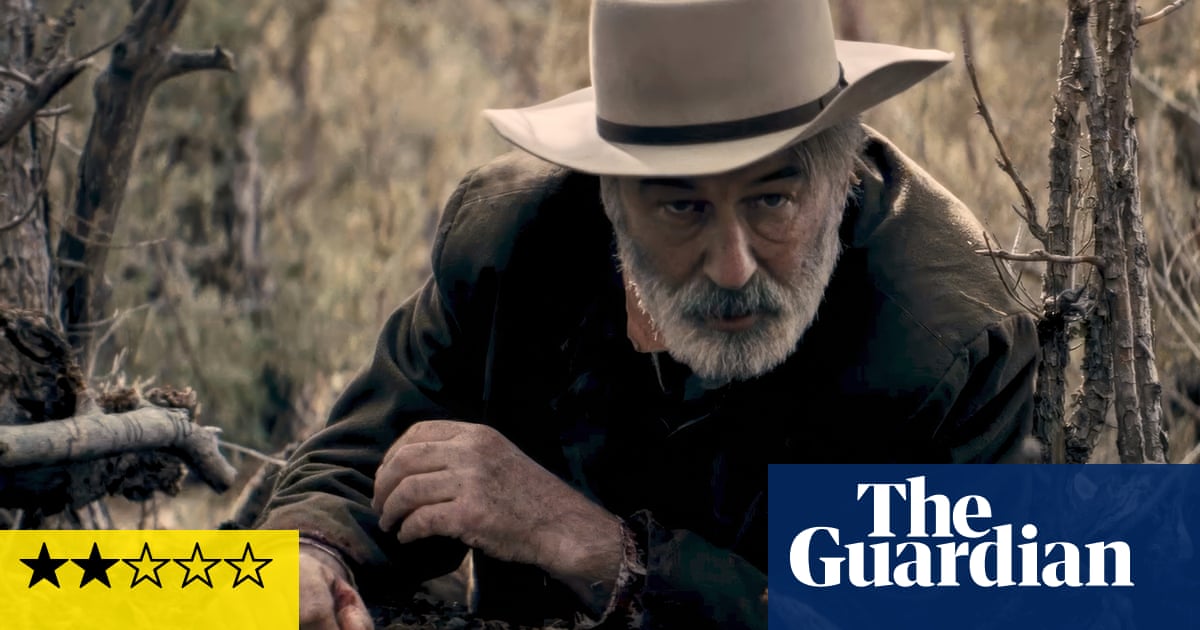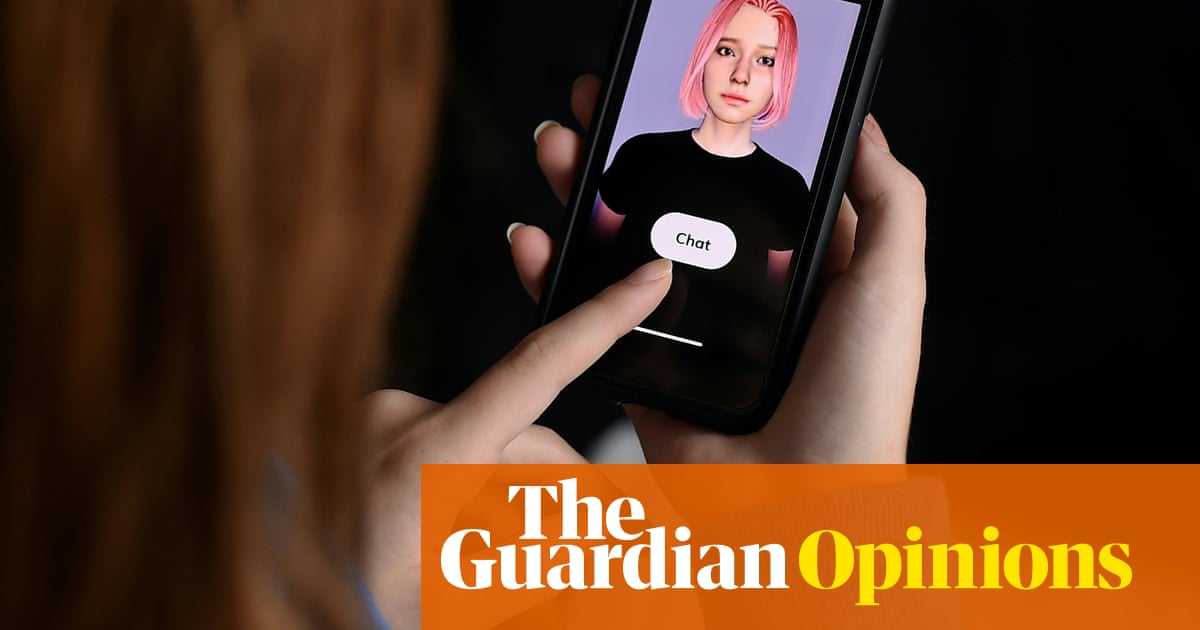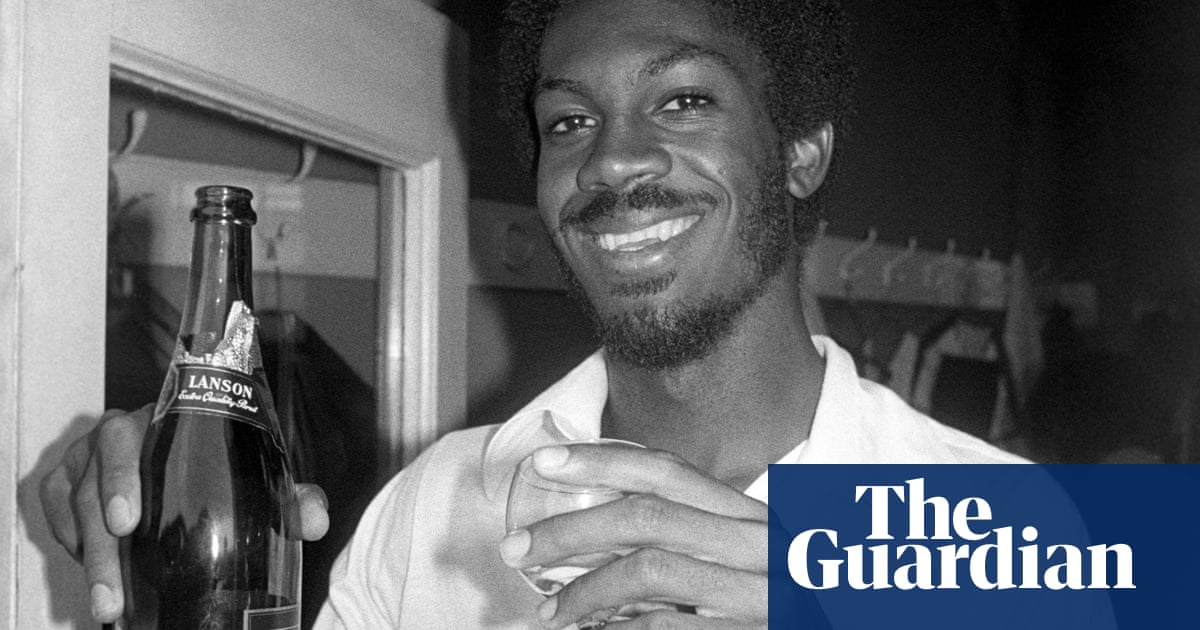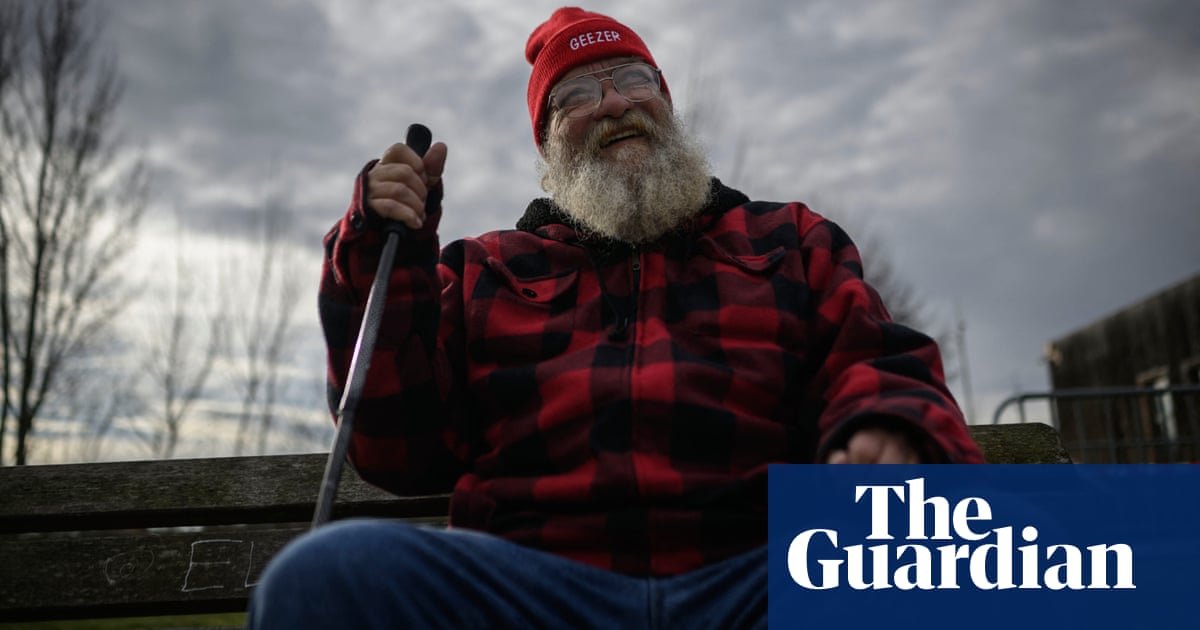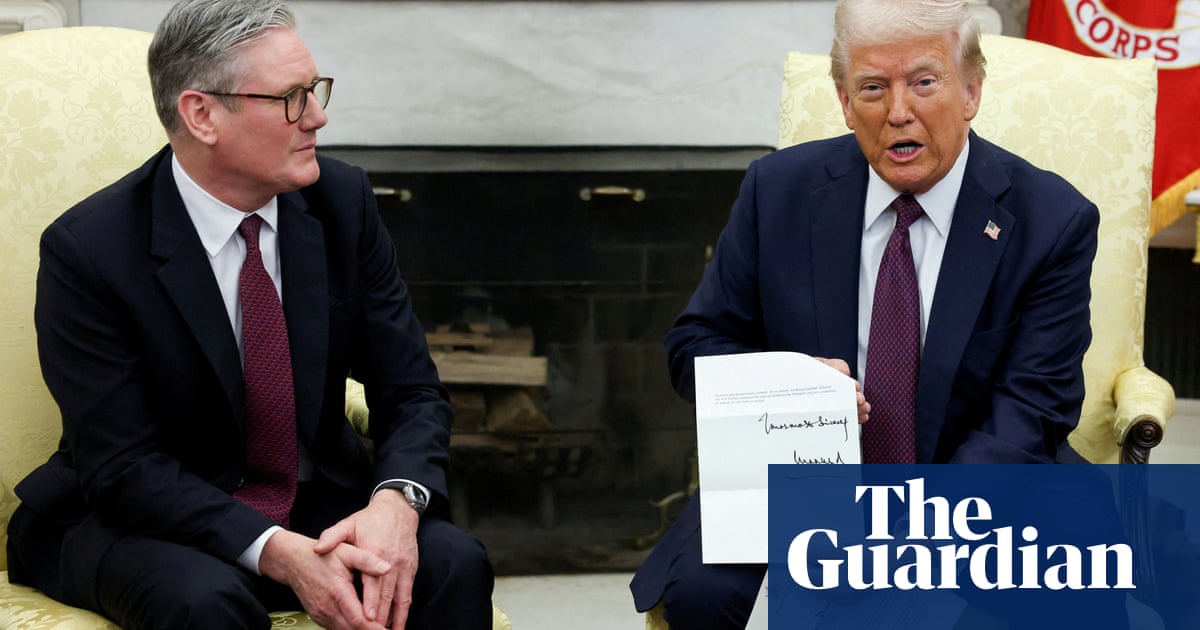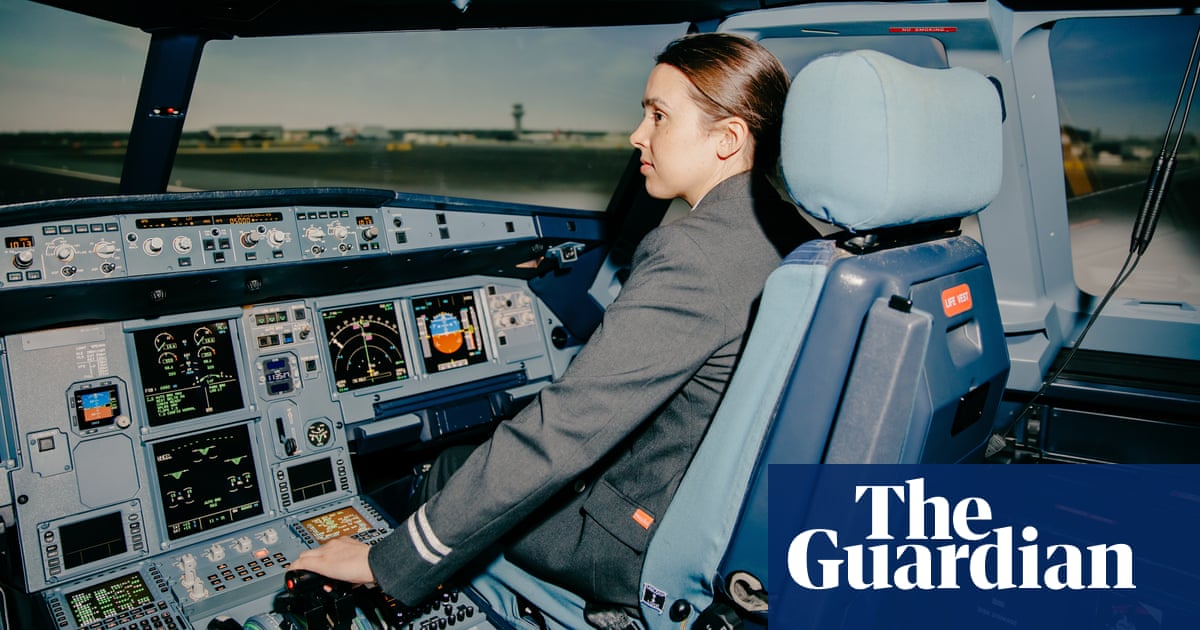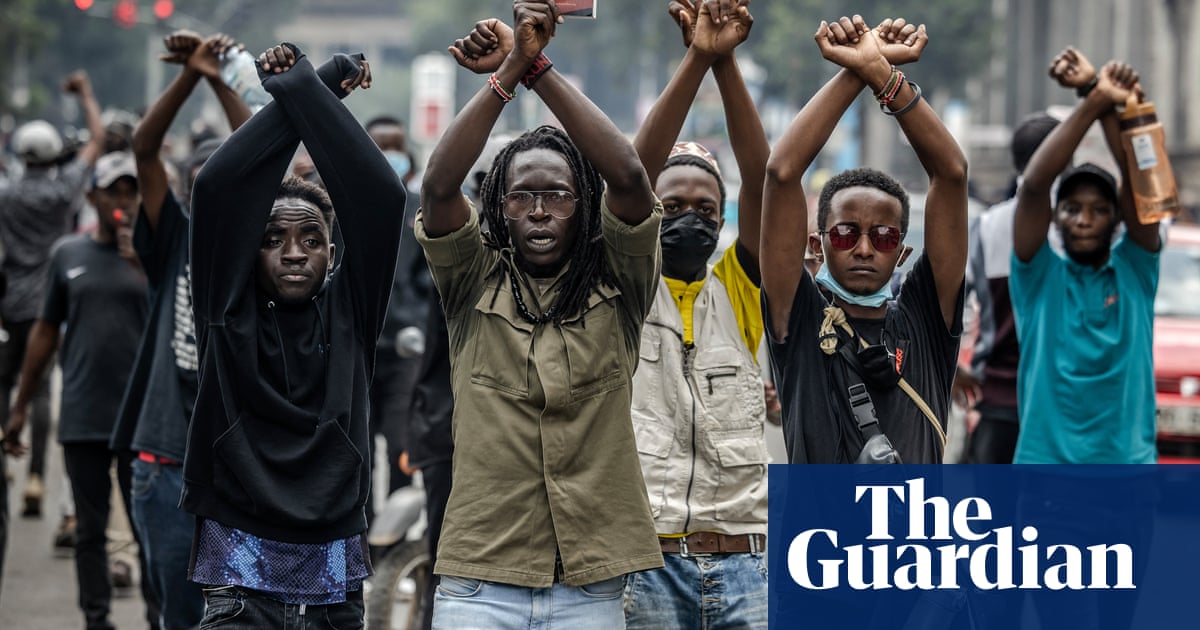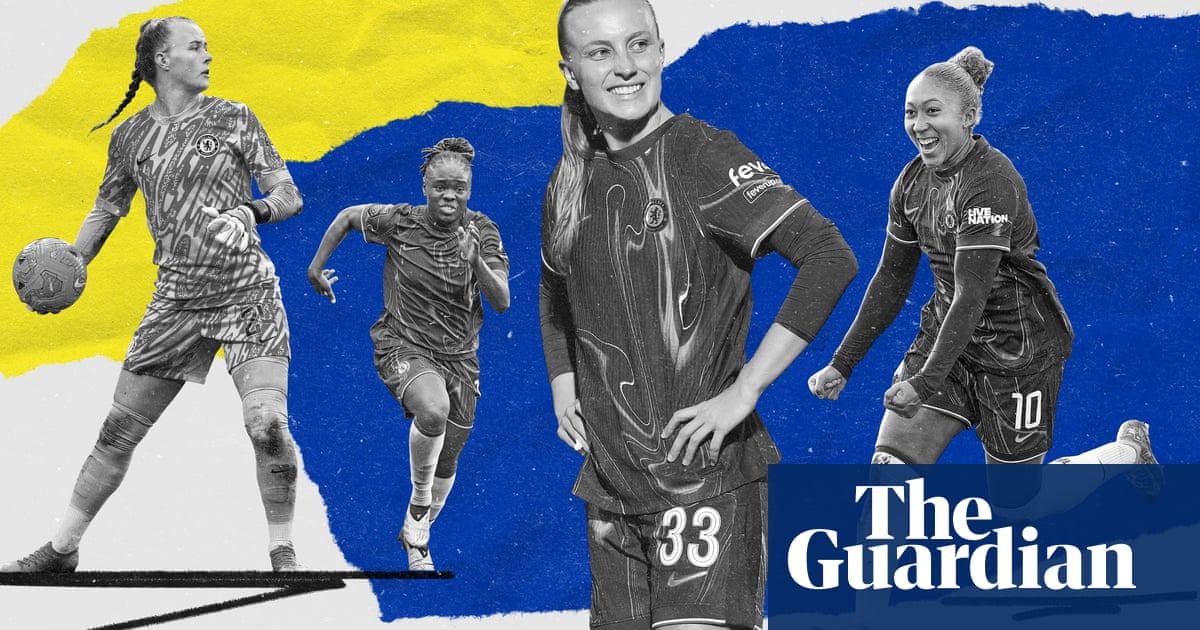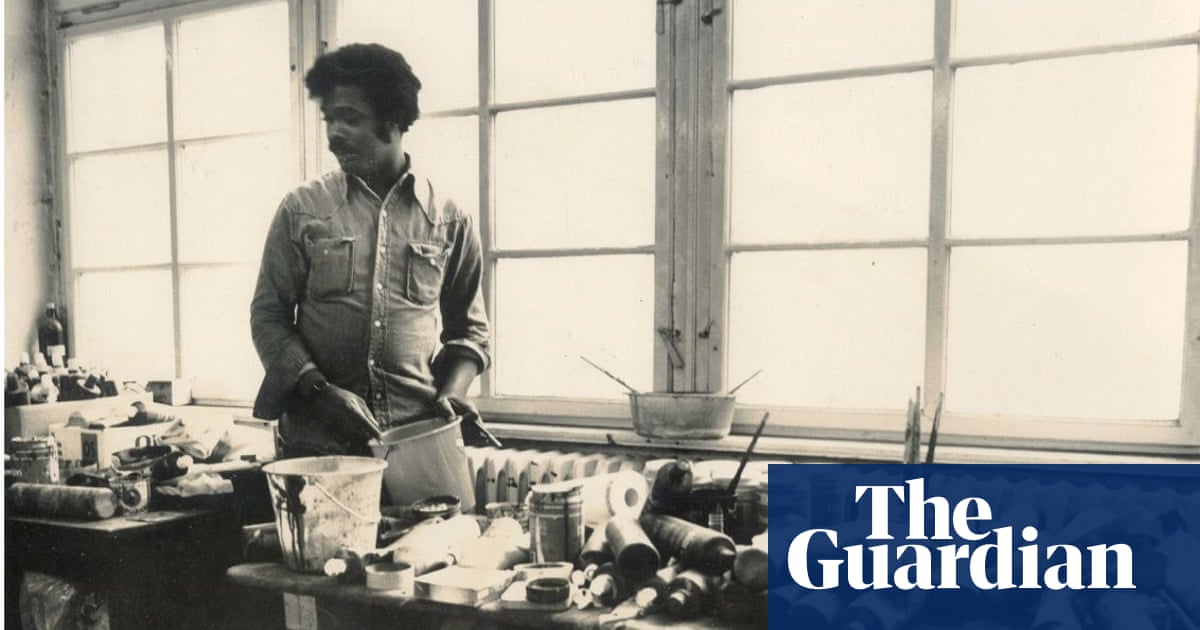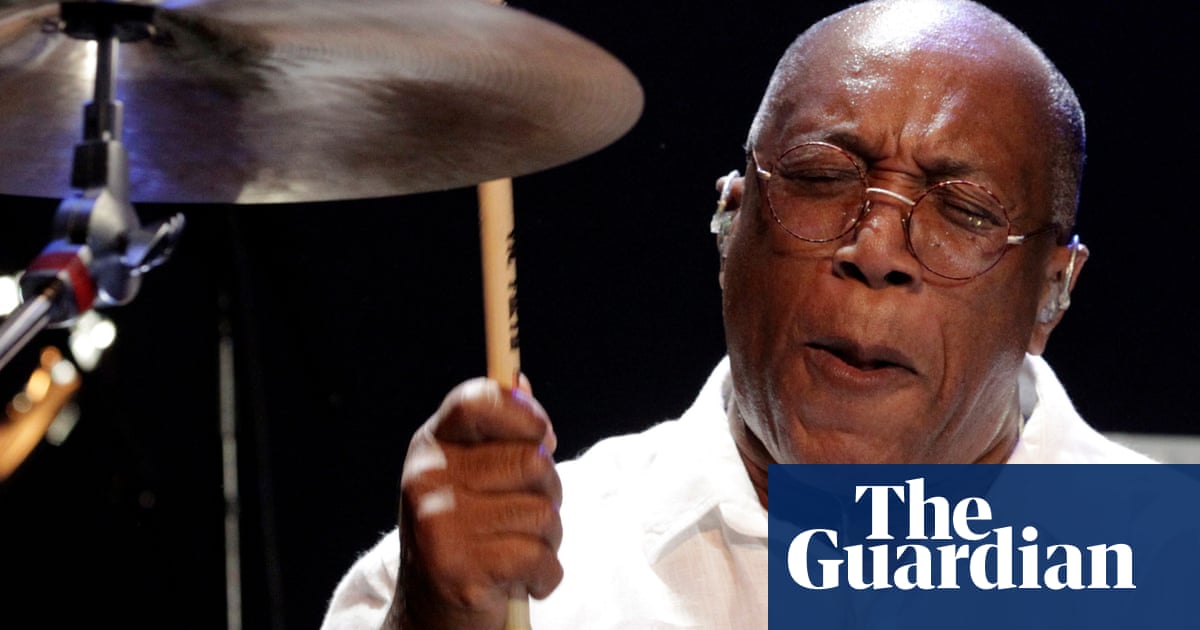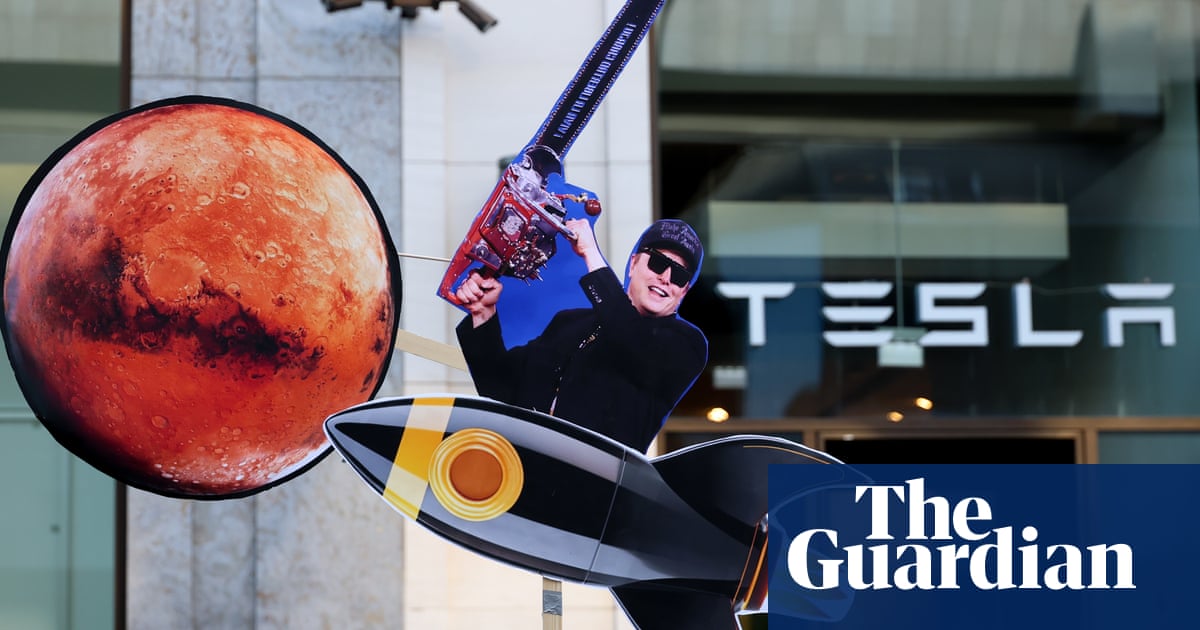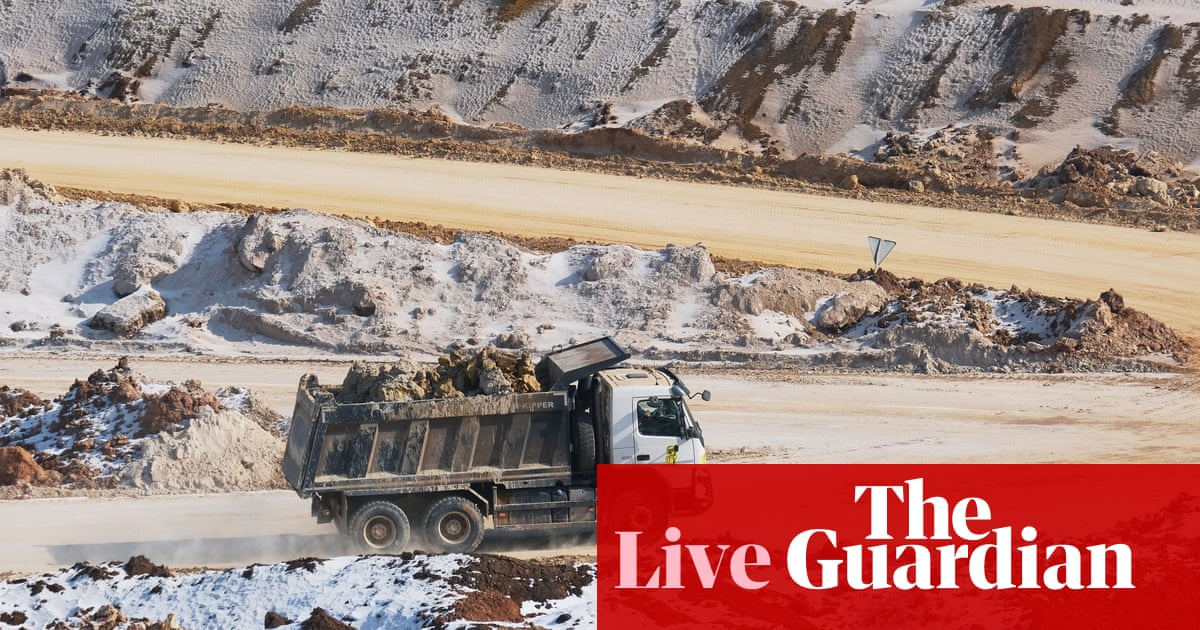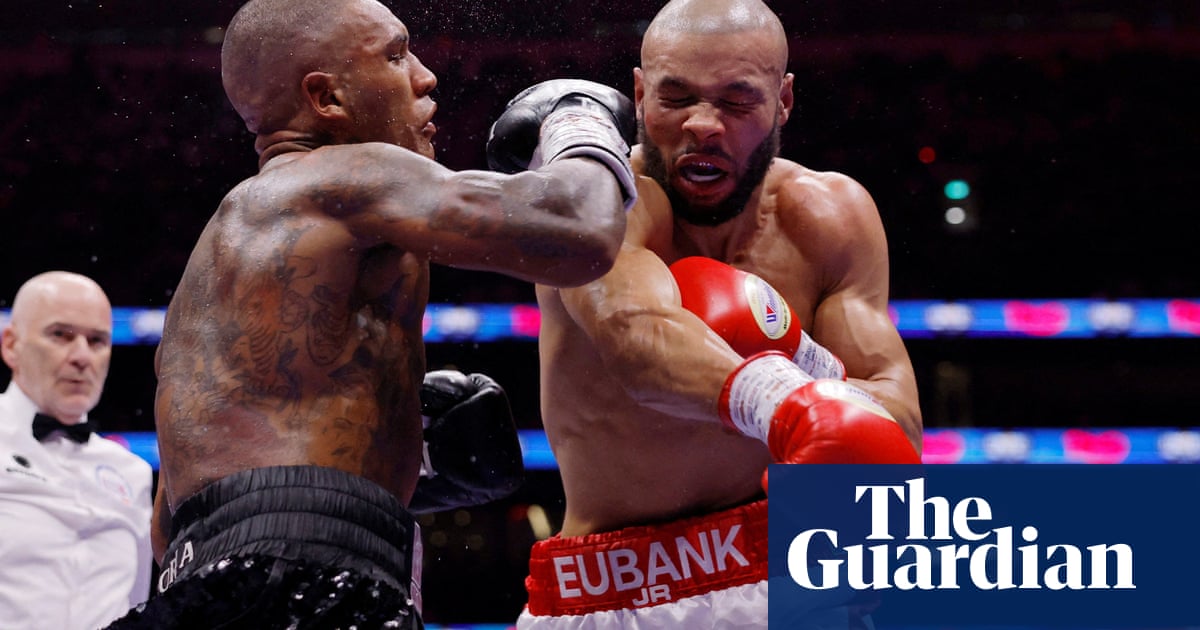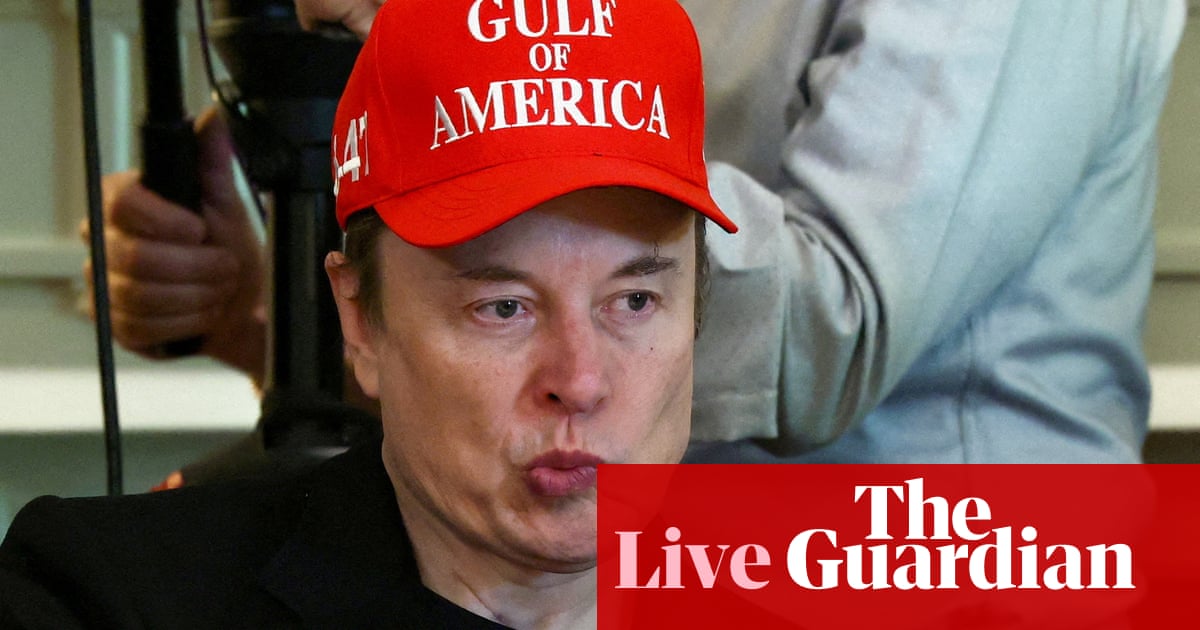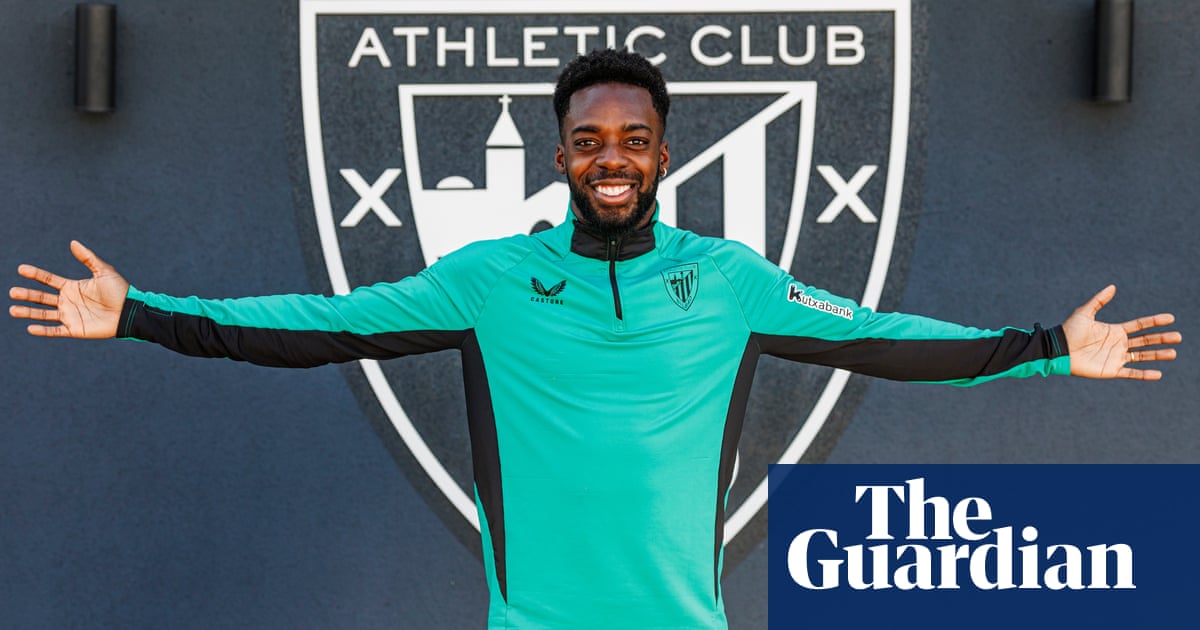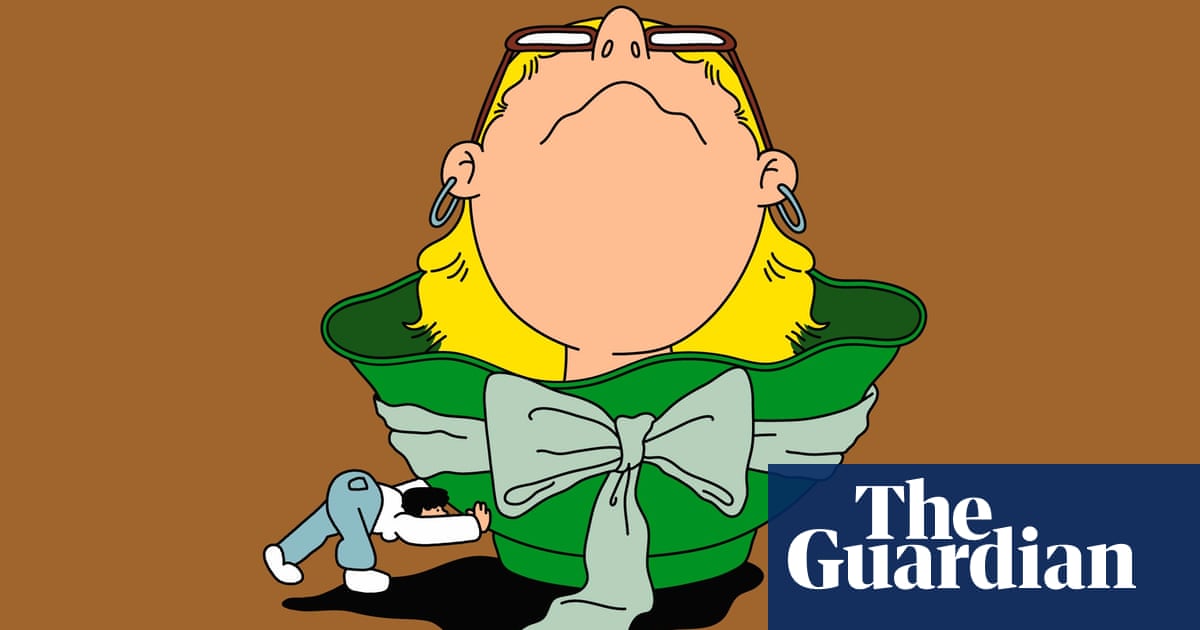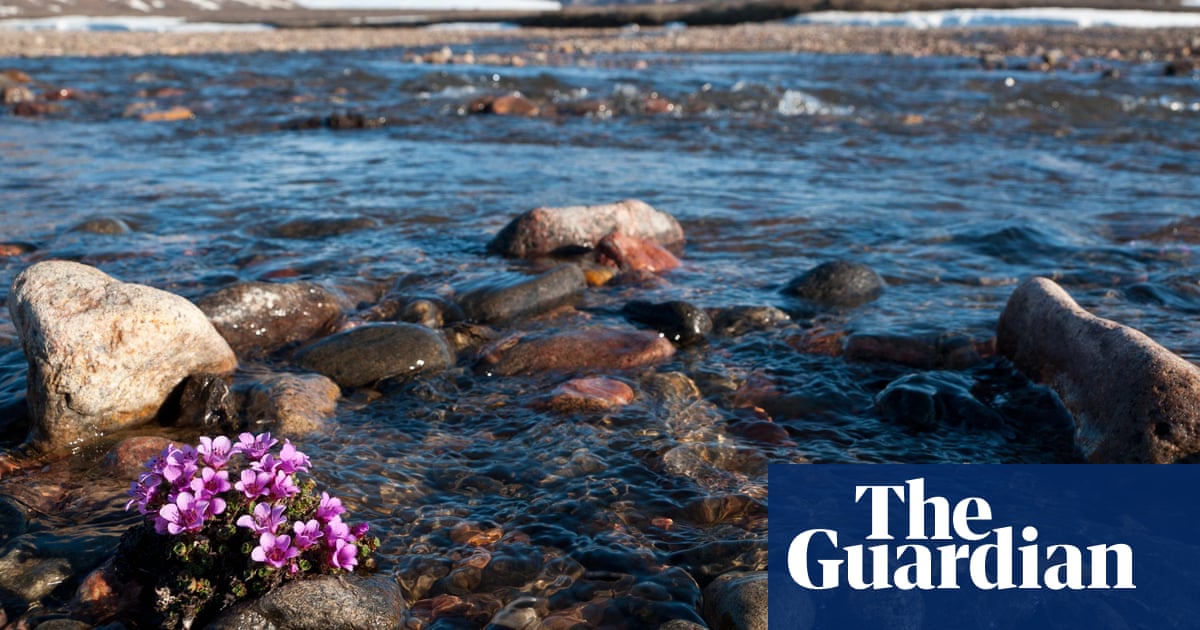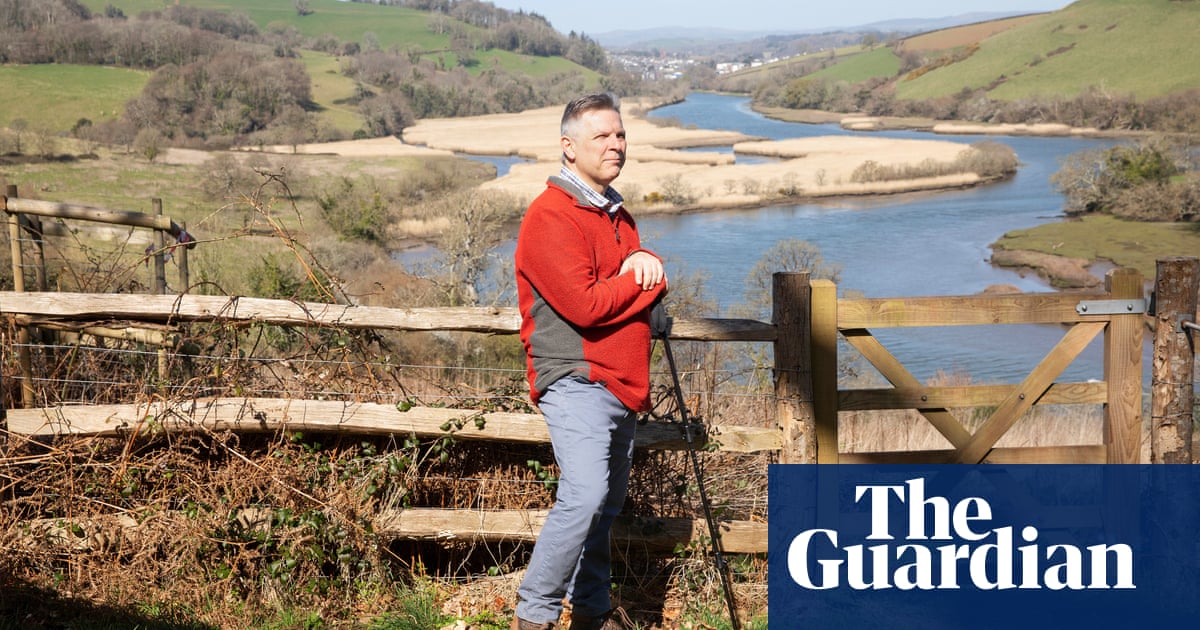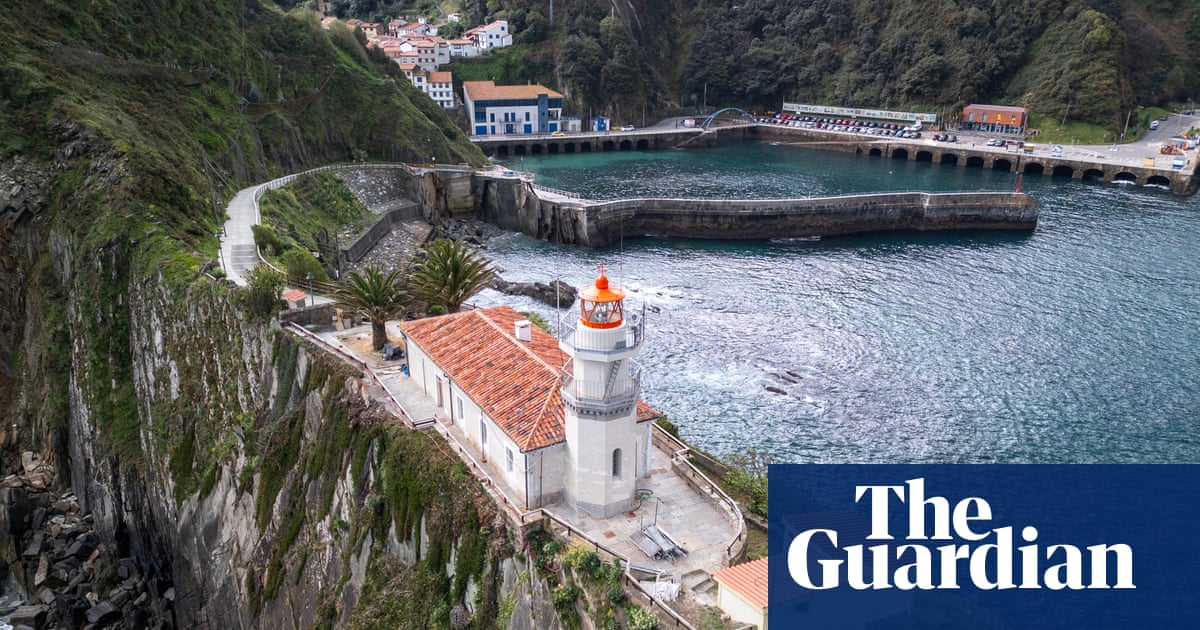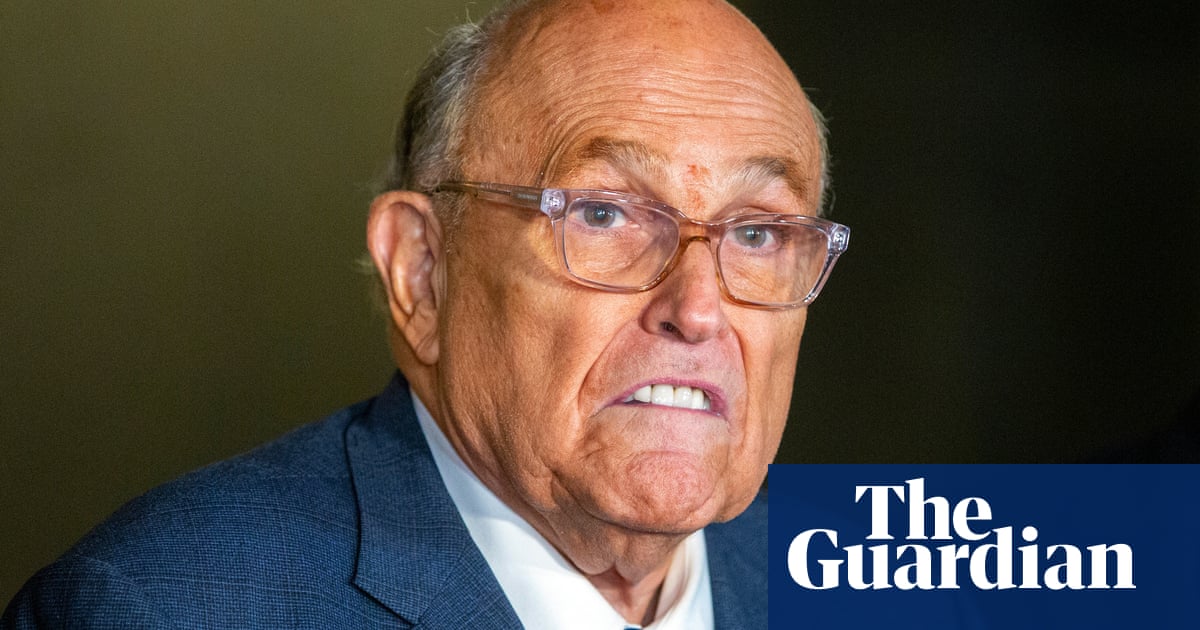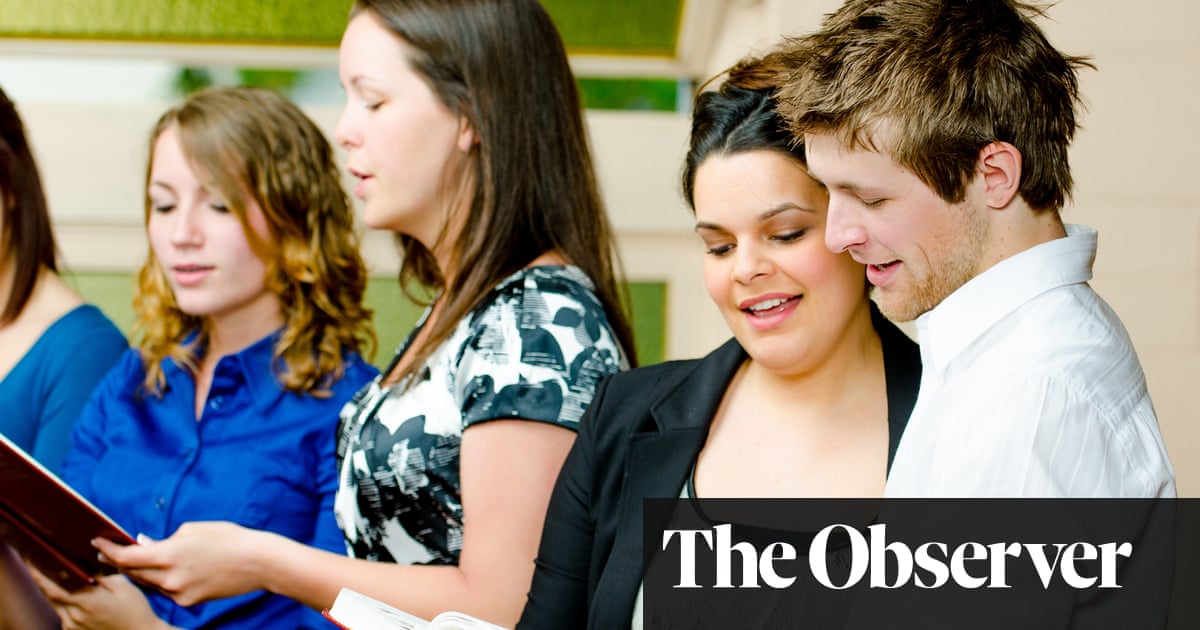Ukrainian and Russian civil society leaders have called for the unconditional release of thousands of Ukrainian civilians being held in Russian captivity, pushing for world leaders to make it a central part of any peace deal.
Oleksandra Matviichuk, head of the Kyiv-based Centre for Civil Liberties, which won the 2022 Nobel peace prize, said most of the discussion on ending the conflict, led by Donald Trump’s administration, focused solely on territories and potential security guarantees.
“It’s a huge problem that we lose the human dimension in this political process. Only with solving the human dimension can we find a path to sustainable peace,” she said.
On Tuesday, the Guardian and its reporting partners launched the Viktoriia project, an investigation into the death of the Ukrainian journalist Viktoriia Roshchyna in Russian custody, as well as a report on the systemic torture and mistreatment of thousands of civilian detainees seized by Russian occupying forces.
The European Commission on Wednesday condemned the killing, with its spokesperson Anitta Hipper saying it showed life under occupation “remains a constant threat to Ukrainians”.
Jan Braathu, the media freedom representative for the Organisation for Security and Co-operation in Europe, said he was “appalled” by the evidence emerging in Roshchyna’s case. A preliminary autopsy suggests she was tortured before she died, and her brain and other body parts were removed in order to conceal the cause of death.
In a statement, Braathu said her treatment was a breach of international law, including the Geneva conventions and the UN conventions against torture – to which Russia is a signatory. “I condemn these grave abuses by the Russian Federation,” he said.
The Ukrainian parliament’s commissioner for human rights, Dmytro Lubinets, said that as of April 2024 the number of people registered as having disappeared stood at 16,000, but that calculating an exact total was impossible.
Those detained are often socially and politically active people Russia fears may resist occupation, as well as former military personnel or Ukrainian government officials. Some are simply in the wrong place in the wrong time and are pulled into a nightmare of torture and mistreatment.

Prisoners are often held incommunicado, without charge or access to legal support, and are not allowed to send and receive letters. Their fate is one of the lesser-reported aspects of Russia’s war on Ukraine.
The Guardian and its reporting partners, in a collaboration led by the French newsroom Forbidden Stories, have gathered testimonies from former detainees at one of the most notorious holding facilities, Taganrog pre-trial detention facility No 2. They show civilians and prisoners of war are being subjected to severe food rationing, with little or no medical care, and that torture including electric shocks, physical and sexual violence and waterboarding is meted out by Russian guards.
“When you hear about the conditions and the torture, there is a clear understanding that some of these people have no chance to be alive by the time the political process has ended,” said Matviichuk.
Trump met the Ukrainian president, Volodymyr Zelenskyy, on the sidelines of the pope’s funeral in Rome on Saturday, while his envoy, Steve Witkoff, met Vladimir Putin in Moscow on Friday. Trump claimed Russia and Ukraine were “very close to a deal” and has said he wants the two sides to meet soon.
A draft of the supposed US peace plan, published last week by Reuters, covers territory, economic issues and security guarantees, but says nothing about prisoners.
Karyna Malakhova-Diachuk, the co-founder of an organisation that brings together the families of civilian detainees, said she was hoping that the freeing of these prisoners would come before a deal on territories and other elements that the US wants to nail down on the way to a lasting peace.
“First, there should be an agreement to bring all the people home, and only after that they should start other negotiations. Otherwise everything will stay frozen on this issue,” she said.

During the first year of the war, civilians were frequently included in prisoner exchanges between Russia and Ukraine but it is now rare. Malakhova-Diachuk’s organisation comprises relatives of 380 detainees, and she said there had been no releases for more than a year of those linked to the group.
The emotional toll on relatives was hard to express, she said, adding that the horror stories to emerge from Russian prisons made the waiting and uncertainty all the more painful. “You see the PoWs return and they tell these horrific stories of torture and injuries and the things that happen there and there is just nothing you can do.”
A minority have been charged and given long prison terms for “terrorism” and other crimes, which could present further obstacles if Russia claims they are convicted criminals and so cannot be part of a deal.
Mykhailo Podolyak, a Zelenskyy aide, said that civilian detainees, along with prisoners of war and the Ukrainian children forcibly taken to Russia, would be a key part of Ukraine’s demands in any peace deal. He added that even those who had been given prison terms in Russia should be freed as part of a peace deal.
“These courts have no legal weight for us. We don’t consider these people to be convicted of anything. And we will do everything for our citizens to be returned to Ukraine,” he said.
The human dimension has been absent from most of the western countries’ public messaging around the push for a peace deal, with the focus instead on territories and security guarantees.
“We’ve heard nothing at all from Trump. We are knocking on different doors of different governments,” said Oleg Orlov, head of the Russian human rights organisation Memorial, which was also awarded the 2022 Nobel peace prize.
Memorial and the Centre for Civil Liberties are two of about 50 Ukrainian and Russian organisations that have created a campaign called People First, which calls for the freeing of all prisoners of war, civilian detainees and Ukrainian children taken to Russia, at an early stage in the peace process.
While the all-for-all exchange of prisoners of war is a normal part of the end of military hostilities, the mechanism to free civilians is less clear. “Russia should let them go without any conditions, but it will be very hard to achieve this,” said Orlov.
He said one solution could be for Ukraine to free citizens it had arrested on charges of collaboration with Russian occupying forces and offer them passage to Russia. “You can’t swap civilians, but there could be a possibility of a simultaneous freeing of these people with detained Ukrainian civilians,” he said.

 5 hours ago
4
5 hours ago
4
